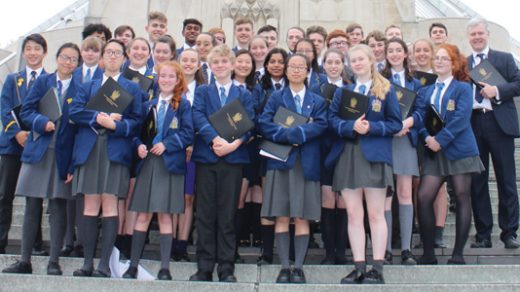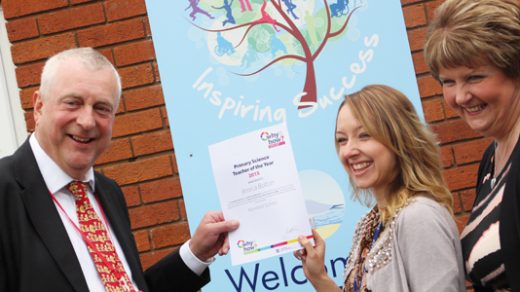SATS – are they relevant?
SATS have always been a controversial topic where it seems everyone but the Government are in favour. We put this question to a panel of experts.
SATS (Standard Assessment Tests) tests are given at the end of year 2, year 6 and year 9. They are used to show your child’s progress compared with other children born in the same year. The SATS tests have long been viewed as unnecessary and irrelevant and more about how schools compare against each other. Many parents also believe that they cause unnecessary stress and pressure and that their children are over-tested.
Our children currently take between the ages of five and 16 about 101 separate tests, if you include all the papers that they do from the age of five onwards plus all the papers that they do in GCSE they are subject to a huge testing regime and frankly I think that it has no place in an education system such as ours.
The pupils are tested to death and they get stressed and depressed about it, and I don’t believe for one minute that the government is getting anything more from these tests. Pupils don’t like them and I believe that parents don’t get any significant benefit from them, my view is that they should be scrapped.
Ian Andain – Headteacher Broadgreen International School
National tests – often called SATs – are a key part of our strategy to improve teaching. Tests help teachers to ensure that every child
gets the support they need to achieve their full potential.
They provide objective, reliable and consistent information about how every child is doing in English, mathematics and science, so that comparisons to be made about how different pupils and groups of pupils, schools and local authorities are doing, and extra support targeted where it’s needed.
With teachers’ own assessments about each child’s progress, test results support schools and teachers to help children to progress and to achieve their best.
Beverley Hughes – Minister for Children, Young People and Families
At the time of writing the results of the Key Stage Two SAT’s papers in English, Maths and Science will be arriving in schools throughout the country. This will inevitably produce an air of expectancy and anxiety which is usually more intense for the school than the child.
Hopefully, for the needs of the child, the results will be used as part of the assessment process to enable teachers to plan suitable programmes of study to enhance development in these subject areas. For schools however the stakes are much higher.
This simplistic viewpoint is however riddled with inconsistency and a number of false premises. Many would say, therefore, that whilst assessment in general is relevant the relevance of SAT’s has to be seriously challenged.
Peter Price – Vice Chair National Primary Headteachers Association
Having two children, one in an infant/junior school and one in a secondary school I have to say that my answer is mixed. I think that too much stress and pressure is put on my younger child (infants), to enable the school she attends to get a better league table position. Whereas my older child in secondary education benefits from SATs as I think they are both relevant and a helpful preparation for future GCSE exams.
Tricia Barker – A parent
Are there any advantages in SATs? They assist schools in setting students and help prepare students for taking future examinations. But Members of the Schools’ Parliament (MSPs) argue that there are other and better ways for schools to achieve these targets than the use of SATs. Only three subjects are assessed.
What about those students who excel in other subjects and have skills, such as practical ability, not tested by SATs? Does success in SATs help get a job or enter a university? What about the amount of stress put on children (and teachers) by SATs and their preparation? Students must achieve but only in a way that is both healthy and enjoyable. At a meeting of the Upper House of Liverpool Schools’ Parliament they voted unanimously that SATs were not relevant.
Jeff Dunn – Liverpool Schools Parliament Member




